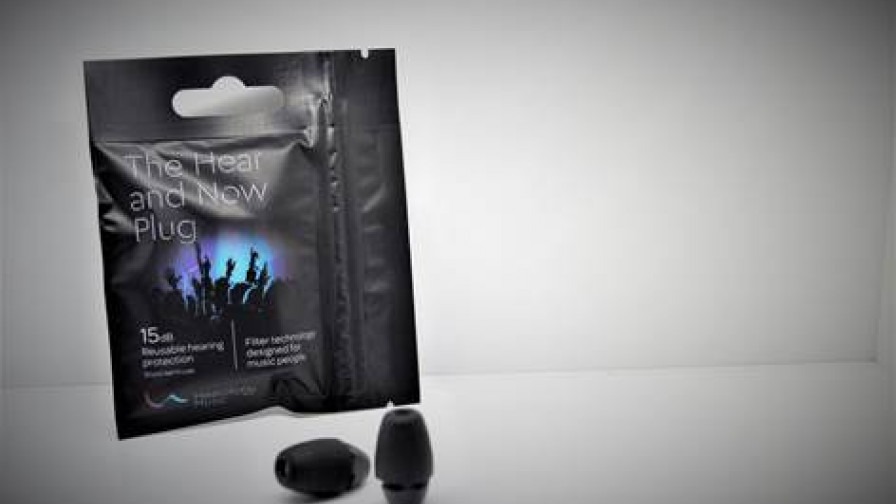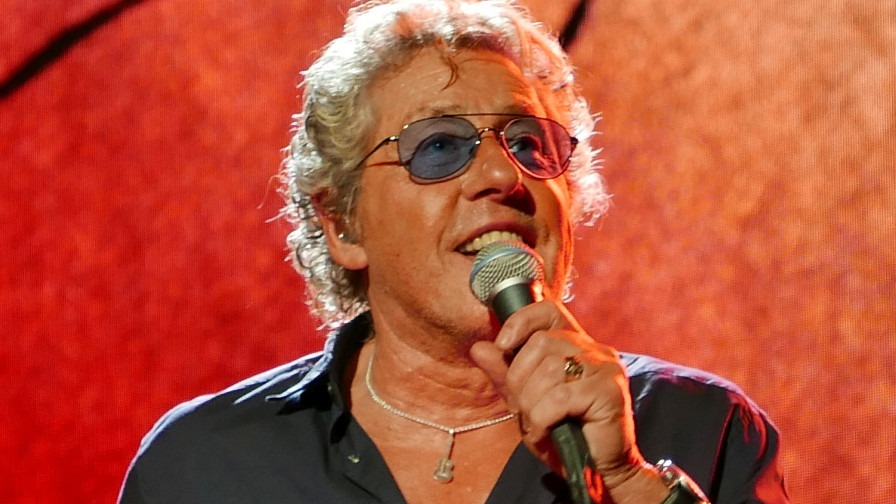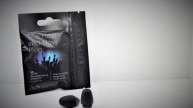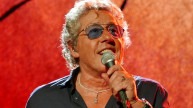Help Youth Music and your Music Enjoyment in one Easy Step
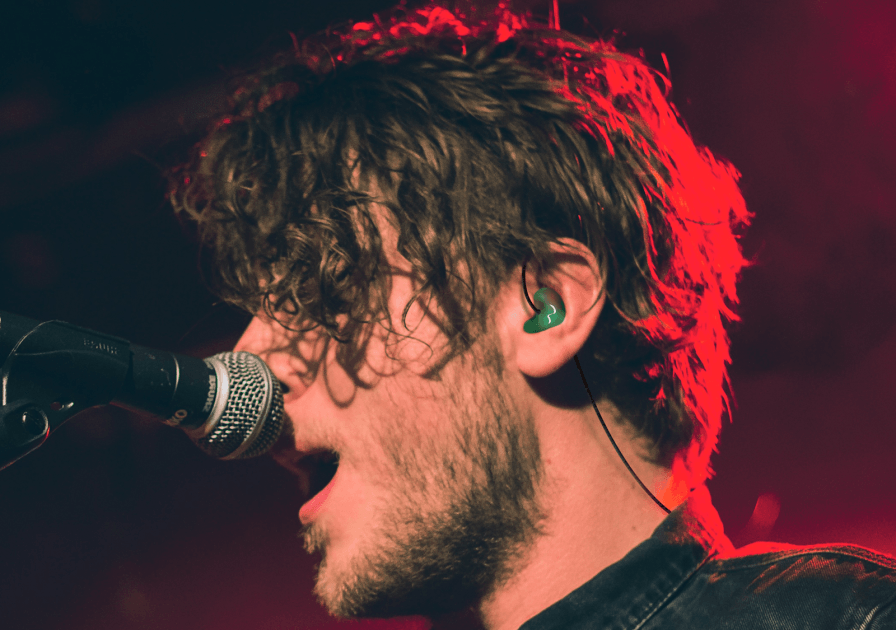
We all love music – right? But like all good things – there is some important stuff you need to know, to love music for longer.
“IF ONLY WE’D KNOWN”
Roger Daltrey from the Who has sold 100 MILLION records and is one of the UK’s most celebrated, recognisable musicians – so why does he say this “I advise you all, all you rock-and-roll fans, take your f---ing ear plugs to the gigs. If only we’d known then…”.
The fact is that The Who were known for playing loud. The entire band now wear (or wore) hearing aids. Likewise, big names like Phil Collins, Sting, Bryan Adams, Midge Ure, Paul Gilbert and many DJs (just search “DJ Tinnitus” on your favourite search engine) have hearing problems. It may be a coincidence that the DJs tend to be younger than the rock icons in this list. But there is one important instrument they all use.
How to Look After Your Most Valuable Instrument
Vocalist? Drummer? Guitarist? Keyboardist? Sound engineer? DJ? Manager? Booking Agent? Teacher? Whatever your involvement in music, your passion relies on one instrument more than any other – your ears.
Out of all the instruments, your ears REALLY are the ones that need looking after. So here’s some tips and a great offer from our friends at Hearology to keep them in tip top condition.
It’s easy to enjoy music for longer and safer: If – the majority of us listen to music a lot with earphones. To do this sustainably, keeping the volume down on your phone is the easiest thing you can do to. This can be difficult in loud city environments, like the tube, so it’s best to purchase earphones or headphones which limit the background noise - enabling you to listen at a lower volume in these high volume environments.
Take a break: Short periods of louder music could be OK, but not for long, not so loud that you can’t hear anything else in the background. Take a break from time to time and we would recommend quality over ear headphones or custom in-ear earphones.
Go custom: Quality custom earphones cut out the background noise so that you enjoy better music and at lower volumes – these are great for listening on public transport. These custom earphones are based on the same idea as the “in ear monitors” that musicians use on stage.
Plug yourself in: if you’re attending the likes of a concert, club or band practice, use earplugs. Musician’s hearing protection should have a filter in them. Filters mean that you can hear the music clearly, including all the great bass/mid/high frequencies and it brings the sound level down to a safer level without it sounding like you have your fingers in your ears. Best of all, when you leave , if used properly you won’t feel quite so tired, there’ll be MUCH less risk of whistling (tinnitus) in your ears and you will be able to hear clearer the next morning. Definitely worth a try.
Get Musician’s Hearing protection for £3 and support Youth Music!
Proper music hearing protection has a filter in it and professional musicians use custom hearing protection. The new Hear & Now plug puts a musician’s filter in a foam plug for the first time, giving great protection, sound at a great price.
You can buy the Hear & Now plug for just £3 (normal price is £5) by clicking this link. Place your order, checkout and insert the code youthmusic18 in the discount box to drop the price.
10% of each purchase goes to Youth Music!
Responsibilities for Music Leaders
Loud sound can damage ears permanently and cause things like tinnitus and hearing loss (varying from partial to severe acoustic shock). These conditions won’t kill you, but they are nasty and avoidable…. the sort of thing you wish you had done something about when you could.
Think about what Mr Daltrey said (as lifestyles go, he probably has a pretty cool one, so we can assume his hearing problems must be a real issue for him).
With this in mind, the message for music institutions/teachers/professional bodies and employers is this:
- If you are putting anyone into a loud environment, you are putting them at risk. You may be legally required to take steps to address the risk – e.g. provide hearing protection.
- As an educator or influencer, if you are you helping people, are you responsible for understanding the value of their ears and their hearing?
- Effective hearing protection for musicians does not cost the earth – and may protect or prolong careers in music. The Hear & Now plug is a good place to start.
If you want to know more about ears, hearing and music, contact Hearology for more information and support from their team of specialists.
Phone: 020 3747 4615
Email: hello@hearology.uk
(Photo credit - https://en.wikipedia.org/wiki/File:Roger_Daltrey_-_May_2016.jpg)

